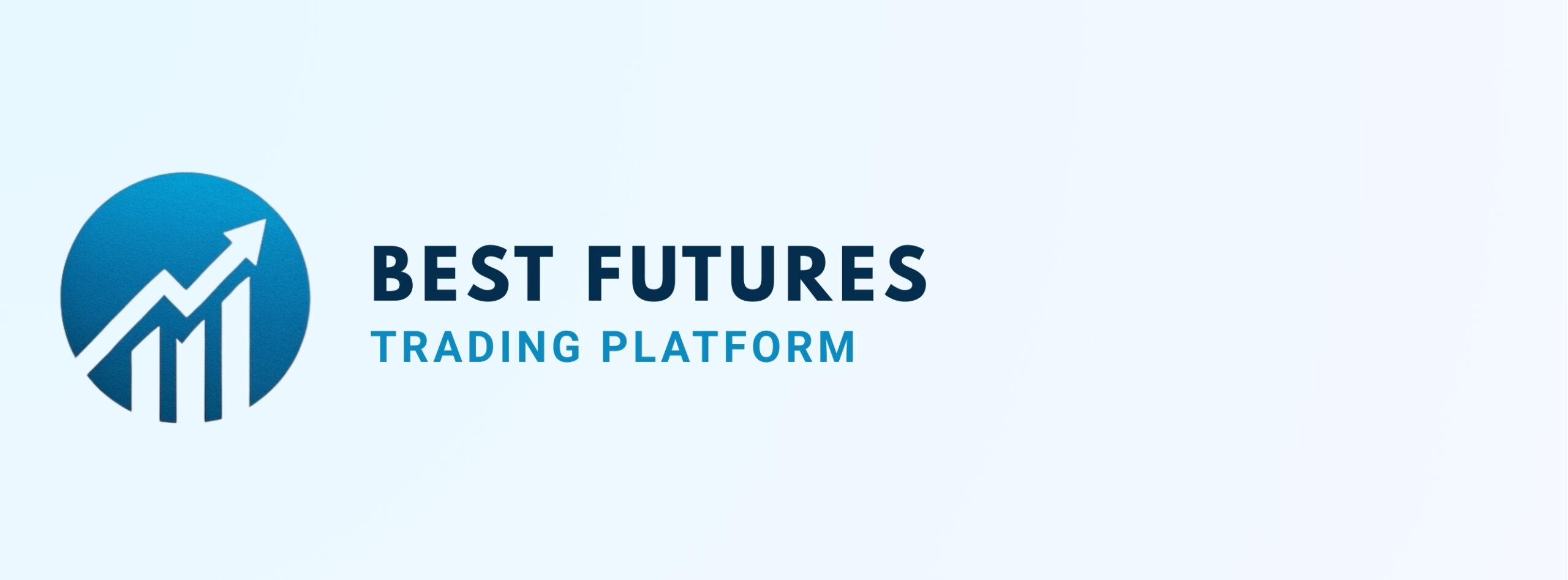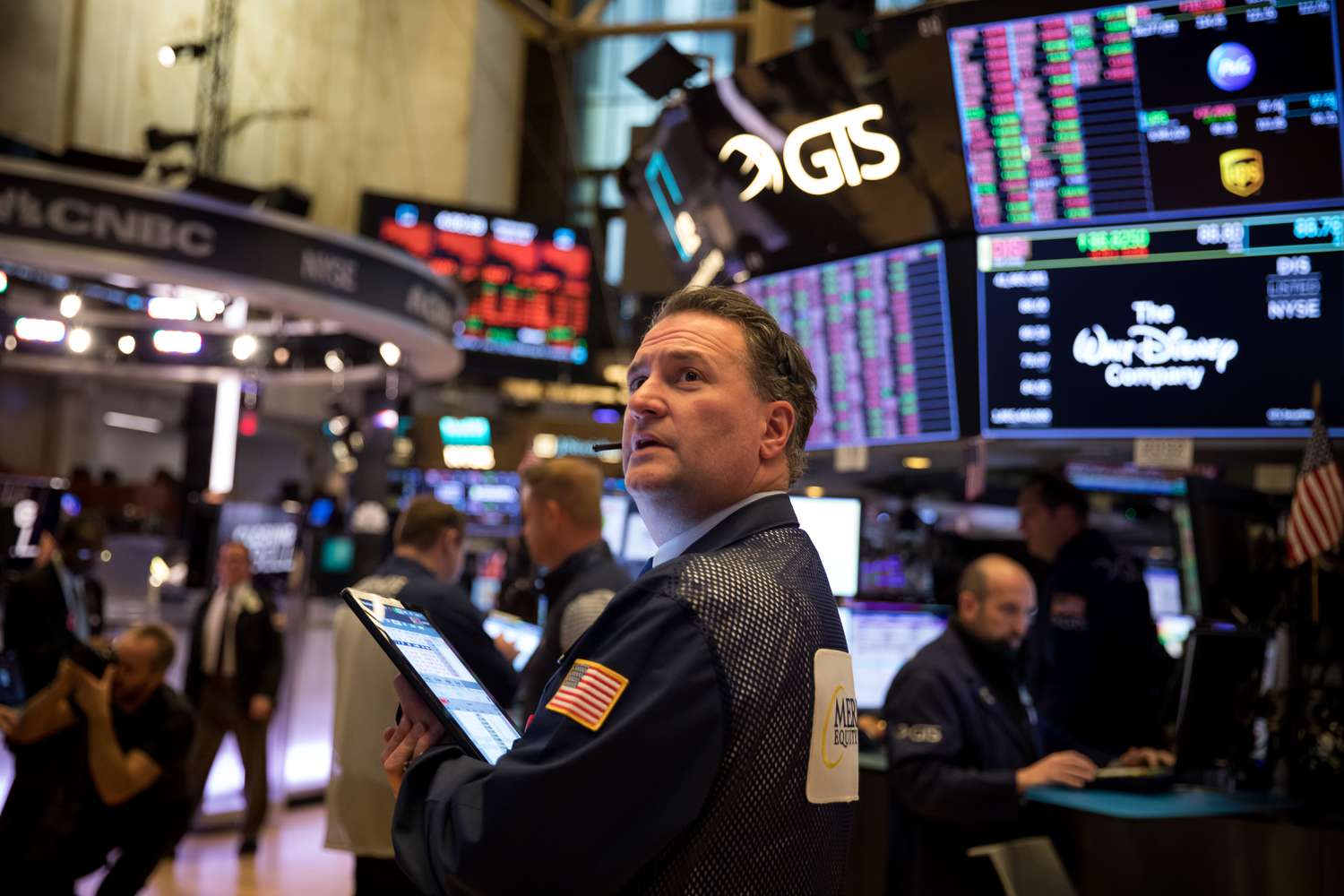Introduction
Dow Jones futures provide a powerful way to trade the U.S. equity market’s most established and industrially weighted index: the Dow Jones Industrial Average (DJIA). These futures contracts give traders access to 30 of America’s most iconic companies — including Apple, Boeing, Goldman Sachs, and McDonald’s — with the leverage, liquidity, and speed of futures trading.
As we enter 2025, with macro trends like monetary easing, supply chain rebalancing, and cyclical sector rotations in play, Dow Jones futures remain highly relevant for both directional traders and institutional hedgers.
This guide offers a complete breakdown of how to trade Dow Jones futures, including contract specifications, broker platforms, strategies, margin examples, and more.
What Are Dow Jones Futures?
Dow Jones futures are standardized derivative contracts that allow market participants to speculate on or hedge the future value of the Dow Jones Industrial Average — an index that tracks 30 large-cap U.S. blue-chip stocks.
Traded on the CME Group, these contracts are highly liquid, offering both E-mini and Micro versions, and are widely used by day traders, institutions, and macro funds alike.
Contract Specifications – Dow Jones Futures (2025)
| Contract Type | Symbol | Multiplier | Tick Size | Tick Value | Notional Value (36,000 DJIA) |
|---|---|---|---|---|---|
| E-mini Dow Jones | YM | $5 | 1.0 | $5 | $180,000 |
| Micro Dow Jones | MYM | $0.50 | 1.0 | $0.50 | $18,000 |
Example: A 100-point move in the DJIA equals $500 per YM contract or $50 per MYM contract.
Why Trade Dow Jones Futures in 2025?
- Institutional Exposure – Capture blue-chip movements and cyclical sectors like industrials, energy, and banking — less tech-weighted than Nasdaq.
- Hedging Portfolios – Used by funds to offset equity portfolio drawdowns or lock in sector-neutral positions.
- Intraday Opportunities – High daily range and sensitivity to global economics create setups for technical traders.
- 23-Hour Access – Trade DJIA movements across Asian, European, and U.S. sessions.
Who Trades Dow Jones Futures?
Dow Jones vs Nasdaq vs S&P Futures
| Feature | Dow Jones (YM/MYM) | Nasdaq (NQ/MNQ) | S&P 500 (ES/MES) |
|---|---|---|---|
| Sector Bias | Industrials, banks | Tech, growth | Broad market |
| Volatility | Moderate | High | Balanced |
| Suitability | Rotation strategies | Momentum/spec | Portfolio hedging |
Related: S&P 500 Futures – Setup & Execution
Dow Jones Futures Strategies
🔁 Trend Following
Use 20/50 EMA crossovers on 1H or 4H charts to catch momentum shifts.
🧮 Mean Reversion
Fade outer Bollinger Bands during range-bound sessions.
📆 Event-Driven Trades
Trade Dow Jones futures around CPI reports, FOMC meetings, and NFP data.
💼 Rotation Trades
Go long YM, short MNQ when value stocks outperform growth.
Related: Futures Trading Strategies in 2025
How to Trade Dow Jones Futures
Step 1: Choose a Broker
| Broker/Platform | Best For | Features |
|---|---|---|
| StoneX | Institutional & Pro | Deep liquidity, advanced clearing |
| Edgeclear | Active Traders | Low commissions, tailored support |
| Interactive Brokers | Multi-Asset Access | Global futures, portfolio margining |
| NinjaTrader | Strategy Traders | Automation, DOM, advanced charting |
| AMP Global | Retail Traders | Competitive pricing, fast routing |
⚠️ Competitors marketed as “commission-free” often recoup costs with wider spreads or stripped-down tools, making them less effective for serious Dow Jones traders.
Related: Best Futures Trading Platforms in 2025
Step 2: Understand Margin Requirements
| Contract | Notional Value | Initial Margin | Leverage Estimate |
|---|---|---|---|
| YM | $180,000 | ~$13,000 | ~14:1 |
| MYM | $18,000 | ~$1,300 | ~14:1 |
Use Micro Dow Jones (MYM) to reduce risk or scale gradually into positions.
Step 3: Execute & Manage the Trade
| Bias | Bullish |
|---|---|
| Entry | YM @ 35,800 |
| Target | 36,500 |
| Stop | 35,500 |
| Contracts | 1 |
| Risk | 300 pts × $5 = $1,500 |
| Reward | 700 pts × $5 = $3,500 |
| Risk/Reward | ~2.3:1 |
| Notes | Use bracket orders and avoid unhedged overnight exposure. |
Key Economic Drivers of Dow Jones Futures
- Interest Rates (Fed policy)
- CPI & Inflation Data
- Earnings Season (banks & industrials)
- Geopolitical Events (oil supply, trade flows)
- Treasury Yields & Bond Volatility
Related: Interest Rate Futures Guide
Glossary – Dow Jones Futures Terms
- DJIA
- Dow Jones Industrial Average (30-stock index).
- YM
- E-mini Dow Jones Futures.
- MYM
- Micro Dow Jones Futures.
- Tick
- Minimum price move (1 point).
- Roll Date
- Transition between contract months.
- Open Interest
- Outstanding active contracts.
- Settlement
- Final price for P/L accounting.
- Delta-Hedging
- Offsetting options/futures for neutral exposure.
Internal Links – Other Cornerstone Articles
Next Step
Compare leading futures brokers and platforms for your strategy and risk profile.
Explore ReviewsConclusion
Dow Jones futures remain one of the most reliable and versatile instruments in index futures trading. With exposure to America’s industrial backbone, bank-heavy earnings cycles, and blue-chip stability, these contracts offer strategic depth for traders at every level.
Whether you’re trading E-mini YM or Micro MYM, success comes from risk control, strategy discipline, and macro awareness.
📍 Explore more futures trading tools and strategies at bestfuturestradingplatform.com

